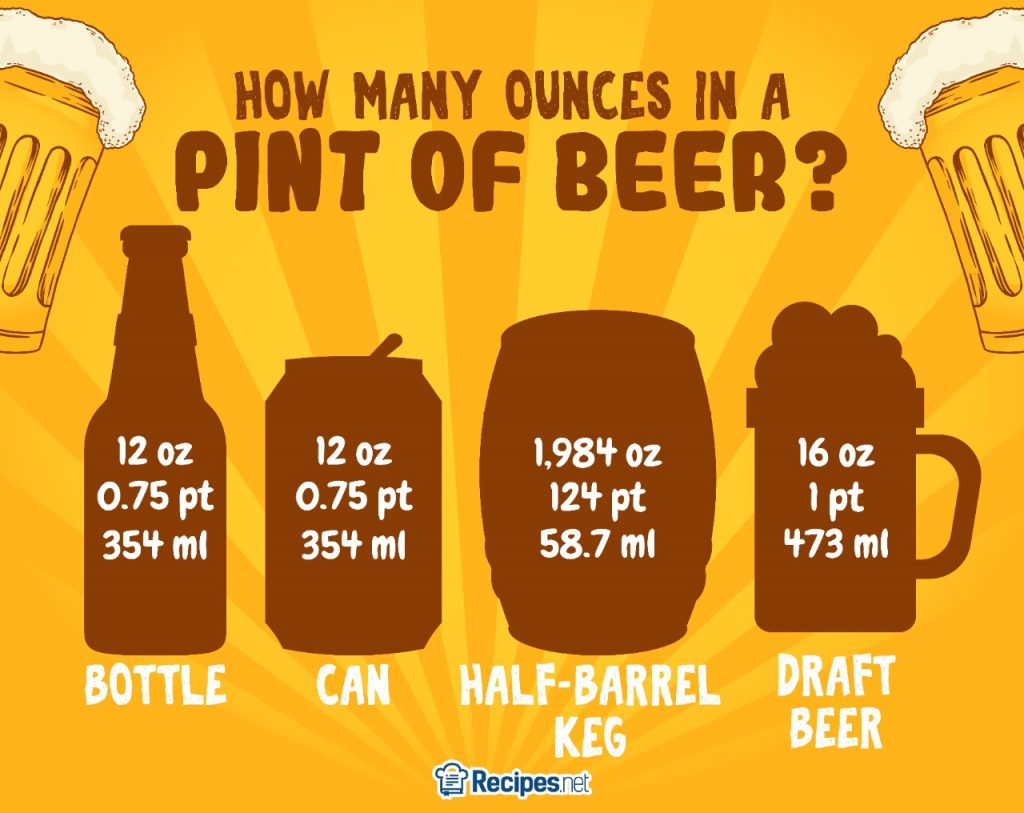What number of ounces in a 1/2 pint? Understanding this seemingly easy conversion is essential for correct measurements in cooking, baking, and on a regular basis life. This information dives deep into the precise calculation, breaking down the conversion and offering a transparent reply for future reference.
A half-pint is 16 fluid ounces, a easy conversion for on a regular basis use. Nevertheless, the complexities of the trendy political panorama, the place seemingly disparate pursuits discover frequent floor, are mirrored within the shocking conversions between models. Identical to politics makes strange bedfellows , understanding these seemingly easy conversions can uncover sudden insights, proving that even seemingly primary models will be surprisingly nuanced.
In the end, 16 ounces in a half-pint stays a basic metric.
Pint and ounce measurements are basic in lots of areas, from exact recipe following to understanding ingredient portions. This text is your one-stop store for correct conversion between these models, ensuring you get the correct amount of components each time.
Understanding liquid measurements is essential for numerous purposes, from cooking and baking to scientific experiments and on a regular basis duties. Understanding the exact conversion between totally different models, like pints and ounces, can save time and guarantee accuracy. This complete information will delve into the reply to “what number of ounces in a 1/2 pint,” exploring the underlying rules and sensible purposes.
Understanding Items of Measurement
Completely different models of measurement are used for various functions, every with a selected relationship to different models. Within the context of liquid quantity, the most typical models are pints and ounces. A pint is a unit of quantity, and an oz. is one other unit of quantity, typically used for smaller measurements. Understanding these basic models is essential for greedy the connection between them.
The Pint: A Widespread Unit of Quantity
A pint is a unit of quantity generally used for liquids. Completely different areas and contexts could have variations, however the usual definition of a pint is essential for correct conversions.
A half-pint equates to eight fluid ounces. Understanding quantity conversions is essential, particularly when exploring associated ideas like 7 letter phrases with x, like this list of 7 letter words with x , which, surprisingly, can reveal hidden patterns in language. So, 8 fluid ounces is your definitive reply for a half-pint.
The Ounce: A Smaller Unit of Quantity, What number of ounces in a 1/2 pint
The ounce, typically abbreviated as “oz,” is a smaller unit of quantity. Just like the pint, the ounce can be utilized in numerous contexts and is essential for correct measurement.
The Conversion: How Many Ounces in a 1/2 Pint?
The conversion from pints to ounces is simple. One pint is equal to 16 fluid ounces. Subsequently, half a pint (1/2 pint) is the same as 8 fluid ounces.
Sensible Functions
Understanding this conversion is significant in lots of conditions. For instance, in cooking, figuring out what number of ounces are in a half-pint permits you to precisely measure components for recipes.
A half-pint is equal to eight fluid ounces. Understanding these basic conversions is essential, particularly when contemplating the nuances of quantity measurement. As an illustration, exploring seven letter phrases starting with ‘t’ here can supply fascinating insights into linguistic construction. In the end, figuring out 8 ounces in a half-pint simplifies many on a regular basis calculations.

Cooking and Baking
Many recipes depend on exact measurements. Understanding the conversion between pints and ounces is essential for reaching the specified consequence. [Image: A close-up image of measuring cups and spoons used in baking.]

Mixing Drinks
Mixing drinks requires cautious consideration to proportions. Understanding the conversion from pints to ounces permits for correct mixing of drinks. [Image: A bartender measuring out ingredients for a cocktail.]
Scientific Experiments
In scientific experiments, correct measurements are paramount. Understanding what number of ounces are in a half-pint is significant for exact outcomes. [Image: A scientist using laboratory equipment for an experiment.]
Components Affecting Measurement Accuracy
Whereas the usual conversion of 1 pint = 16 fluid ounces is mostly correct, slight variations could happen relying on the context. Temperature and particular density of the liquid can have a minor impact. Nevertheless, for many sensible purposes, this conversion is adequate for correct measurement.
A half-pint is equal to 16 fluid ounces. Understanding this significant measurement is essential, particularly when contemplating portion management, and the way it would possibly affect your method to, say, eat it from the back. Understanding this conversion issue is significant for exact cooking and baking, making certain correct ingredient ratios, and finally, scrumptious outcomes. So, 16 ounces for a half-pint.
Temperature Variations
Slight variations in temperature can have an effect on the amount of liquids. This impact is commonly minimal for on a regular basis measurements however will be important in scientific contexts. [Image: A graph showing how temperature affects the volume of a liquid.]
Liquid Density Variations
The density of a liquid additionally influences its quantity. Variations in density are sometimes negligible for commonest liquids however could be a consider particular purposes. [Image: A table comparing the densities of various liquids.]
Conclusion: How Many Ounces In A 1/2 Pint
Understanding the conversion between pints and ounces, particularly the connection of 1/2 pint equaling 8 fluid ounces, is crucial for accuracy in numerous purposes. Whereas minor variations exist, this conversion gives a sensible and dependable guideline for on a regular basis use.
Additional Exploration
Understanding different quantity conversions and the nuances of measurement is essential for precision in a wide selection of purposes. [See also: Exploring Other Liquid Measurement Conversions]. [See also: Precision in Measurement: Tips and Techniques].
This text aimed to make clear the easy reply to the query “what number of ounces in a 1/2 pint.” Additional analysis and exploration can present extra detailed perception into the intricacies of measurement. Share your ideas and questions beneath, and do not hesitate to share this text with others who could discover it useful.
In conclusion, figuring out the conversion between pints and ounces is a precious ability in numerous elements of life. By understanding the connection between these models, you may confidently measure and handle components with precision, making certain success in your culinary endeavors and on a regular basis duties. Armed with this data, you are now able to navigate the world of liquid measurements with ease.
Question Decision
What about various kinds of pints? (e.g., liquid pint vs. dry pint)?
The ounce-to-pint conversion varies barely relying on whether or not you are coping with liquid or dry pints. For liquid pints, there are 16 fluid ounces in a pint. Dry pints have a special conversion.
How can I take advantage of this data in on a regular basis life?
This data is helpful in numerous conditions, from following recipes to calculating the quantity of liquid wanted for a selected process. It is essential for correct measurements in numerous areas of life.
A half-pint is equal to 16 ounces. Understanding this basic unit conversion is essential, particularly when the historic context of phrases like “the worm has turned,” which refers to a significant shift in power dynamics , is taken into account. This data gives context for precisely decoding numerous conditions the place quantity measurements are concerned, together with the sensible software of understanding 1/2 pint conversions.
Are there any on-line instruments or calculators for fast conversions?
Quite a few on-line instruments and calculators can present prompt conversions. Merely seek for “ounce to pint converter” to seek out dependable sources.

